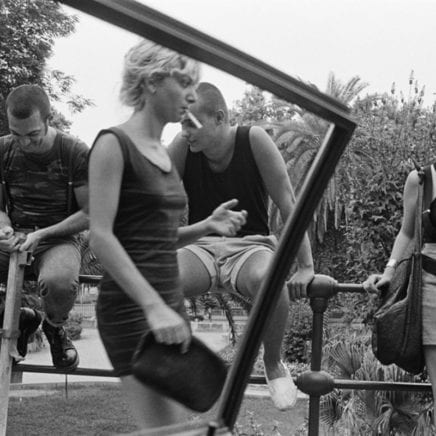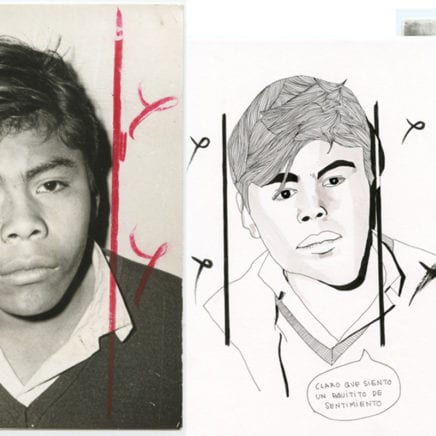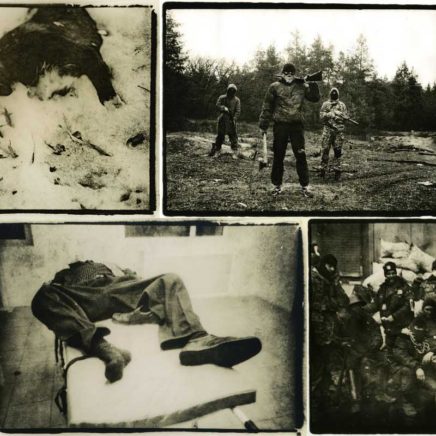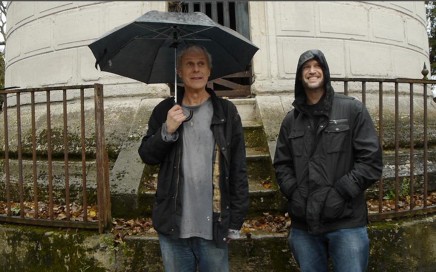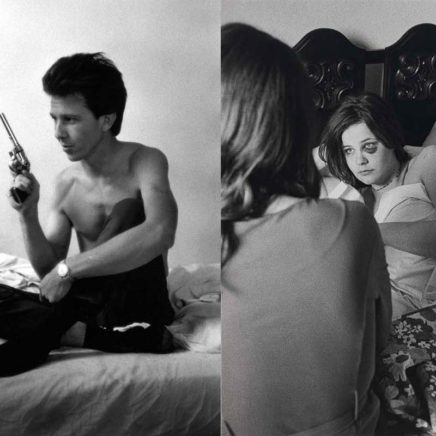
Sohrab Hura: A Carnival of Violence and then a Volta
“I felt ambivalent about what was unfolding but in the end, the psychic energy and latent subtext, prefaced by a short story involving a headless woman, a bird and a photographer was too compelling to dismiss.”

